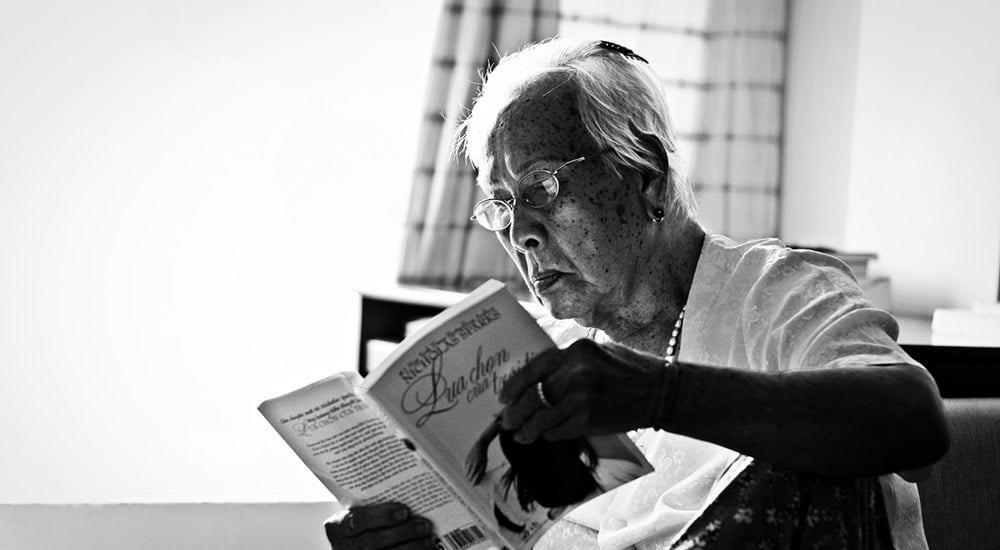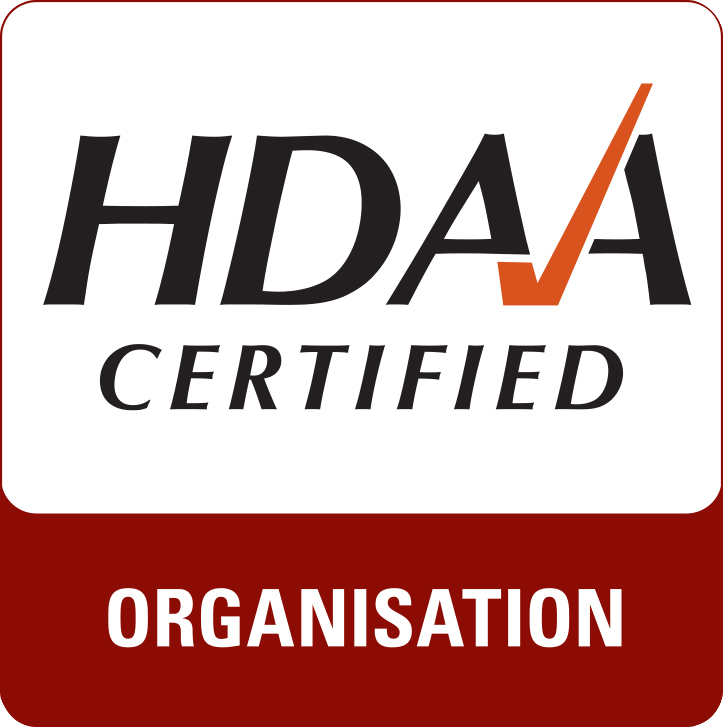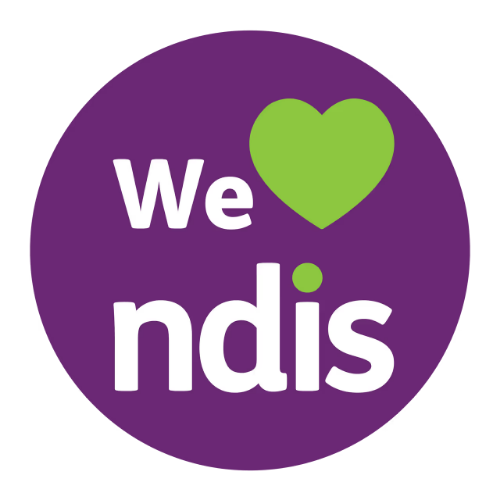The NDIS has helped more than 250,000 Australians with disabilities increase their participation in the education system, community, and workforce. It pays for a range of additional services and equipment that empower people with disabilities to build their skills and independence.
Specifically, the NDIS allocates funds for people with disabilities in three areas:
- Core Supports – to assist daily living
- Capacity Supports – to build skills and increase independence
- Capital Supports – for assistive technology and home modifications
In this guide, we help you navigate the NDIS funding system so you can see exactly what the NDIS does, and does not, pay for.
At Absolute Care & Health, we are proud to be a leading NDIS disability care provider that empowers people with disabilities to build their skills and independence.
1. Supports to help people with disabilities achieve their daily goals and objectives
If your disability makes organising meals, travelling to the shops, or catching up with friends difficult for you, then Core Supports is a good solution.
As part of the Core Supports budget, the NDIS covers basic supports to overcome everyday obstacles:
- Daily consumables: Basic everyday items related to your disability, such as continence related equipment or equipment for eating and drinking.
- Personal activities: Supports to assist with your daily personal self-care activities.
- Community involvement: Assistance to enable you to access services and amenities, and and enjoy social activities in your community.
- Transport: So you can get where you need to be, when you need to be there.
At Absolute Care & Health, our support workers help people with disabilities achieve their daily objectives. When Ruth and Tony received help from our support worker, they said, “Elly looks after Ruth when she gets up in the morning, takes us for a drive wherever we want to go.”
2. Services to empower people with disabilities to build skills and increase their independence
If your disability makes it difficult for you to enrol in an educational course, or join the workforce, then Capacity Building Supports are the solution for you.
As part of the Capacity Building budget in the NDIS, it helps people with disabilities access:
- Workplace assistance: Assessment, counselling, and supports to obtain new employment or maintain current employment in the open or supported labour market.
- Therapeutic supports: A range of services that contribute to health and wellbeing are covered, from physical exercise advice to behaviour support.
- Household maintenance: Obtaining new accommodation and maintaining the current home environment, including guidance with household tasks.
- Education achievements: Assistance to achieve academic success, through school and into further education.
- Positive relationships: Supports to help build and maintain healthy behaviour that fosters positive relationships with family, friends, colleagues, and the wider community.
- Self-management: Training to help people with disabilities improve their planning and time management skills, so they can achieve their daily objectives and long-term goals.
- Aids and equipment: Support in setting up and training to use equipment that empowers people with disabilities to reach their potential capacity.
3. Investments in assistive technology and home modifications that empower people with disabilities to master their environment
With innovative assistive technology and specially designed equipment, people with disabilities have more opportunities than ever before to master their personal care, household tasks, and personal safety.
As part of the Capital Support budget, it helps people with disabilities purchase or rent technologies and equipment, such as:
- Assistive technology: A wide range of equipment for personal care, communication, recreation, and mobility like wheelchairs and vehicle modifications.
- Home modifications: The design and construction of additions to the home, such as a rail in the bathroom.
What doesn’t the NDIS cover?
The NDIS was created to give those with a disability choice and control over their daily lives. Participants can use it to access services that reflect their individual lifestyle and personal goals. However, there are a number of services the NDIS does not cover.
The NDIS does not cover supports that are:
- Already covered by another government system or community service.
- Part of the daily living costs, like food, rent, or groceries. These are to be paid from your disability support pension or usual source of income.
- Unrelated to a person’s disability.
- Likely to harm either the participant or other people.
At Absolute Care & Health, we’re proud to help people with disabilities to access supports that help build their skills and empower them to live a more independent life.
Absolute Care & Health are committed to providing you the best, most personalised care. Contact us, and we’ll get the right NDIS advice.






